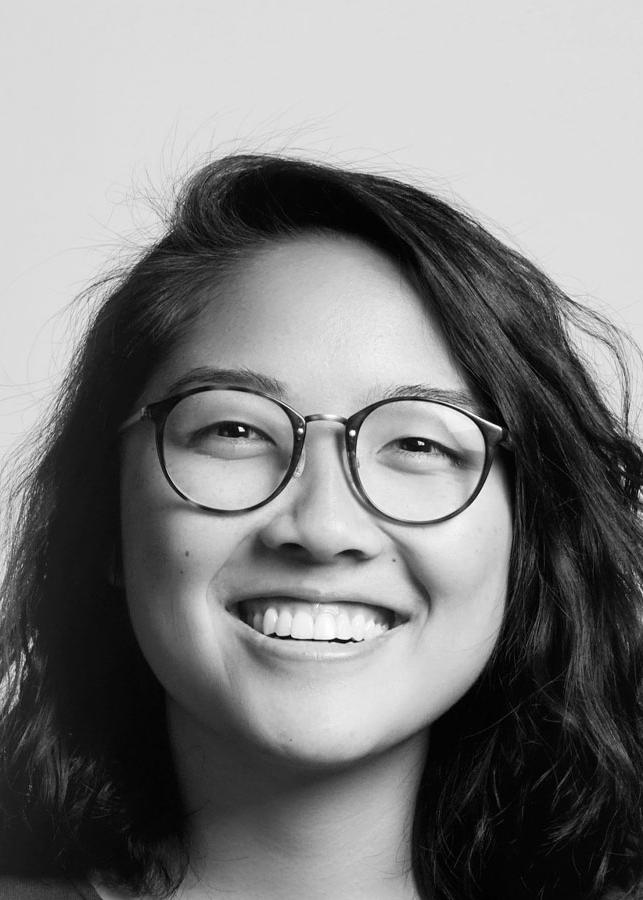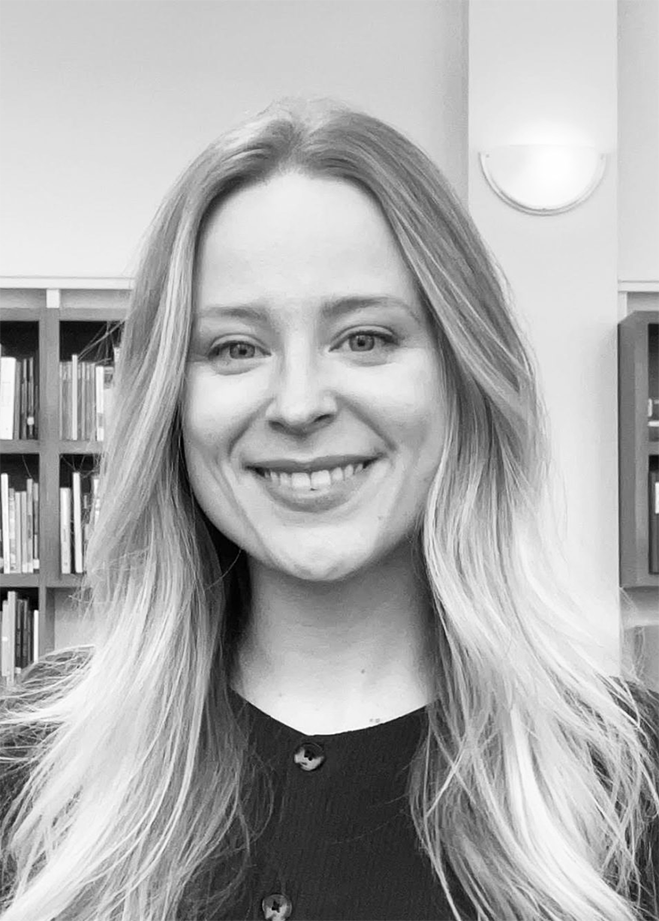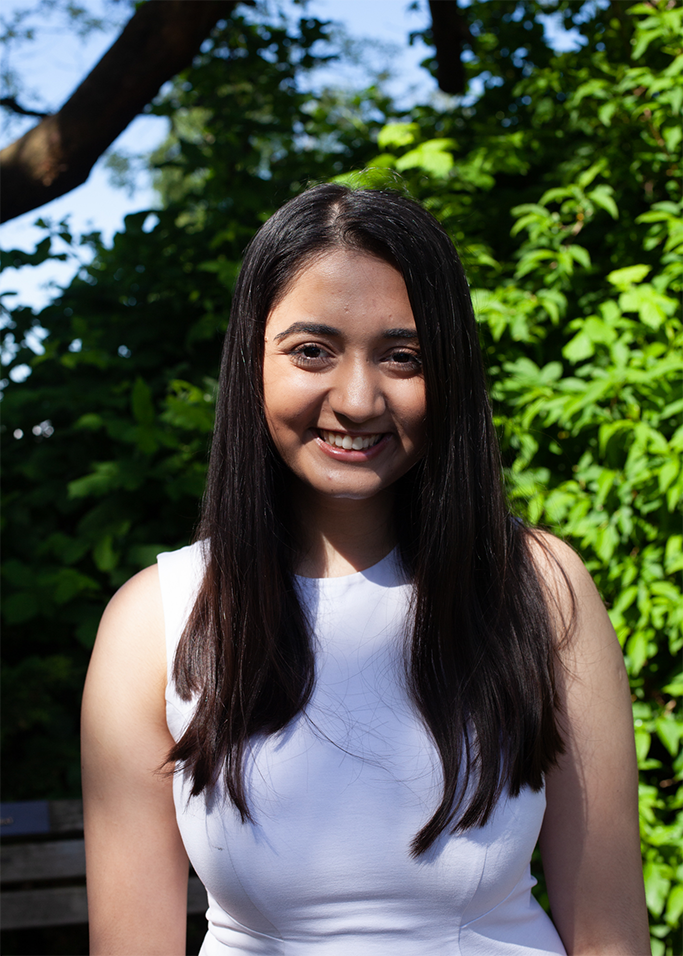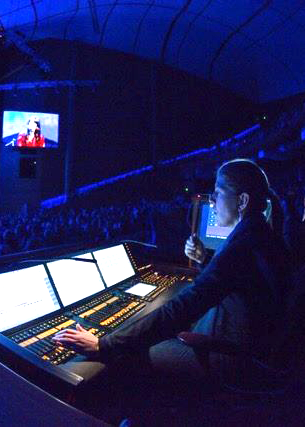Jules Arita Koostachin
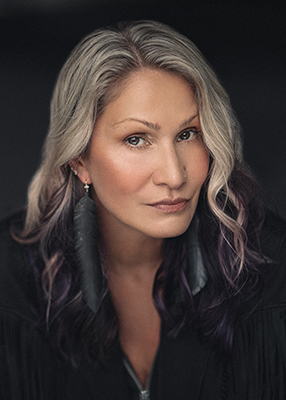
Why did you choose your program at UBC and what did you enjoy most about it?
I chose GRSJ so that I could have the support in place to focus on my research (Indigenous documentary). I wanted to have the freedom to explore documentary from an Indigenous lens, and to develop my own theory.
What were some of your most meaningful experiences at UBC?
I loved spending time at the Long House and being so close to the ocean. Campus was absolutely beautiful—always lots to do. I enjoyed meeting other students from different walks of life. I made some friends for life.
What choices did you make at UBC that contributed to your career success / journey?
After graduation, I decided to focus more on my film career and so, I walked away from teaching. To date, it was the best decision I have made yet. I have been actively working in television and film since the spring of 2021.
What was your first job after graduation and what other jobs did you have before your current position?
I am a mature student, so I have been working since I was a teenager. Since my early 20s, I have worked in the social service sector in several different capacities, as well as in the film and television industry. I was also an instructor at universities and colleges in Toronto, Sudbury and Vancouver.
Is your current career path as you originally intended? What challenges did you face in launching your career?
I think now that I am fully focused on my film and television career, I am where I need to be. I can channel my energy on my writing, producing and directing. I am happy!
What do you like about your current job and what do you find challenging? How does it relate to your degree?
All my degrees relate to my current work, and I think that my time in the social service sector has also contributed to my writing.
From your experience, what has been the value of having an Arts degree?
I am first and foremost an artist, but I am also someone who works to support my community. For me, I believe that my education refined my skillset as a filmmaker, and built on my understanding of the industry. I have the knowledge, expertise, and the awareness to move forward successfully.
What advice would you give to students and alumni interested in breaking into your industry?
My education is what freed me from a life of poverty. I was a single mother when I started my academic journey back in the 1990s, and my four sons have witnessed my struggles. I am a stronger person because of my journey and thinking back, I wouldn’t change a thing. My education allowed me to challenge myself in terms of navigating a colonial system. It also provided me with the opportunity to travel around the world—speaking at conferences and screening my films. My education has also allowed me to further develop my interpersonal skills and expertise in my field.
What advice would you give to your first-year self?
I would tell myself to stay strong and focused. Take the time necessary to ensure that you don’t burn out. Self care is essential to success.
Jules Arita Koostachin



Why did you choose your program at UBC and what did you enjoy most about it?
I chose GRSJ so that I could have the support in place to focus on my research (Indigenous documentary). I wanted to have the freedom to explore documentary from an Indigenous lens, and to develop my own theory.
What were some of your most meaningful experiences at UBC?
I loved spending time at the Long House and being so close to the ocean. Campus was absolutely beautiful—always lots to do. I enjoyed meeting other students from different walks of life. I made some friends for life.
What choices did you make at UBC that contributed to your career success / journey?
After graduation, I decided to focus more on my film career and so, I walked away from teaching. To date, it was the best decision I have made yet. I have been actively working in television and film since the spring of 2021.
What was your first job after graduation and what other jobs did you have before your current position?
I am a mature student, so I have been working since I was a teenager. Since my early 20s, I have worked in the social service sector in several different capacities, as well as in the film and television industry. I was also an instructor at universities and colleges in Toronto, Sudbury and Vancouver.
Is your current career path as you originally intended? What challenges did you face in launching your career?
I think now that I am fully focused on my film and television career, I am where I need to be. I can channel my energy on my writing, producing and directing. I am happy!
What do you like about your current job and what do you find challenging? How does it relate to your degree?
All my degrees relate to my current work, and I think that my time in the social service sector has also contributed to my writing.
From your experience, what has been the value of having an Arts degree?
I am first and foremost an artist, but I am also someone who works to support my community. For me, I believe that my education refined my skillset as a filmmaker, and built on my understanding of the industry. I have the knowledge, expertise, and the awareness to move forward successfully.
What advice would you give to students and alumni interested in breaking into your industry?
My education is what freed me from a life of poverty. I was a single mother when I started my academic journey back in the 1990s, and my four sons have witnessed my struggles. I am a stronger person because of my journey and thinking back, I wouldn’t change a thing. My education allowed me to challenge myself in terms of navigating a colonial system. It also provided me with the opportunity to travel around the world—speaking at conferences and screening my films. My education has also allowed me to further develop my interpersonal skills and expertise in my field.
What advice would you give to your first-year self?
I would tell myself to stay strong and focused. Take the time necessary to ensure that you don’t burn out. Self care is essential to success.
